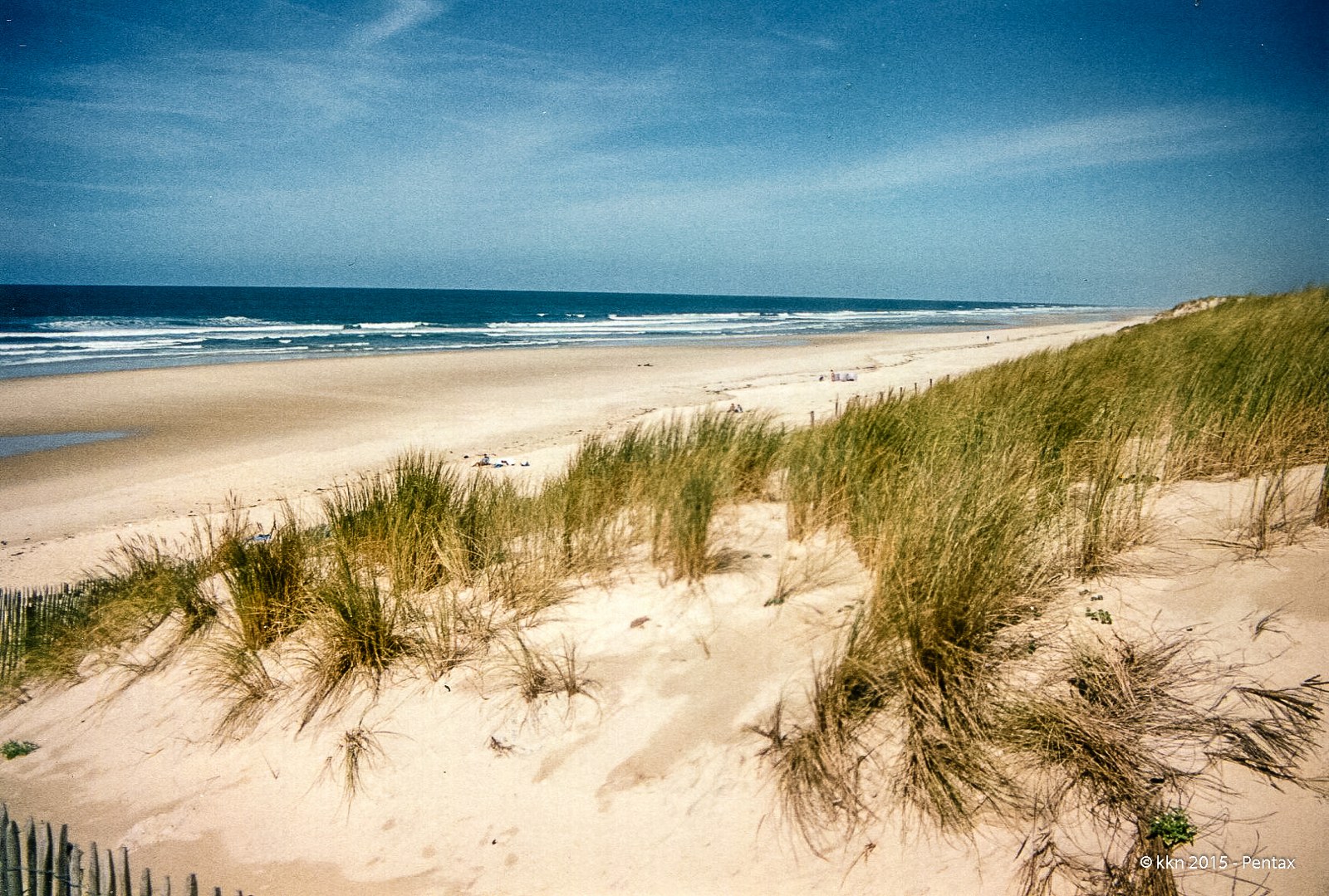By MORRI CREECH
The flatteries of the surf conspire to make
a stammering innuendo in the reeds.
The sun, splintered by the spume’s refractions,
sinks toward the west where it will disappear
in a violet streak above the evening dunes,
like mind considering the defeat of mind.
A cormorant in the distance breaks the surface
to wrestle a mullet from the sullen depths
farther below which no light penetrates.
As much as the theorems and hypotheses
that trouble sleep, as much as love or God
or the errant rhetoric of the passions,
as much as the tired flirtations of moon and cloud,
it is kinship to those depths one chiefly thinks of,
dark like the inward concave of the skull
and fathomless as a notion’s origin,
a place that nothing reaches, where the prinks
of sunlight shrink like a contracting pupil
into a dimming and entropic Zen
that refines every sense to senselessness,
even the one thought thinking of itself…
The mind at last, exhausted, surfaces
to what it can confirm, the blues, the bronzes,
the contours and insinuations of the real
where there is so much motion, shape, design
—the rinse and symmetry of wave on wave
unvexed by the struts and vagrancies of sandpipers,
spilling over into a still tide pool
in which a couple of bathers are parading—
that all the mind can do is add its palette
to the streaks and the extravagant daubs of color,
making a makeshift paradigm of dunes
and clouds and sea, the sun’s pernicious eye,
each green idea buoyed over the mindless deep.
Morri Creech is the author of four books of poetry, the latest of which is Blue Rooms. His fifth book, The Sentence, will be published by LSU Press this fall. He teaches at Queens University of Charlotte in North Carolina.




